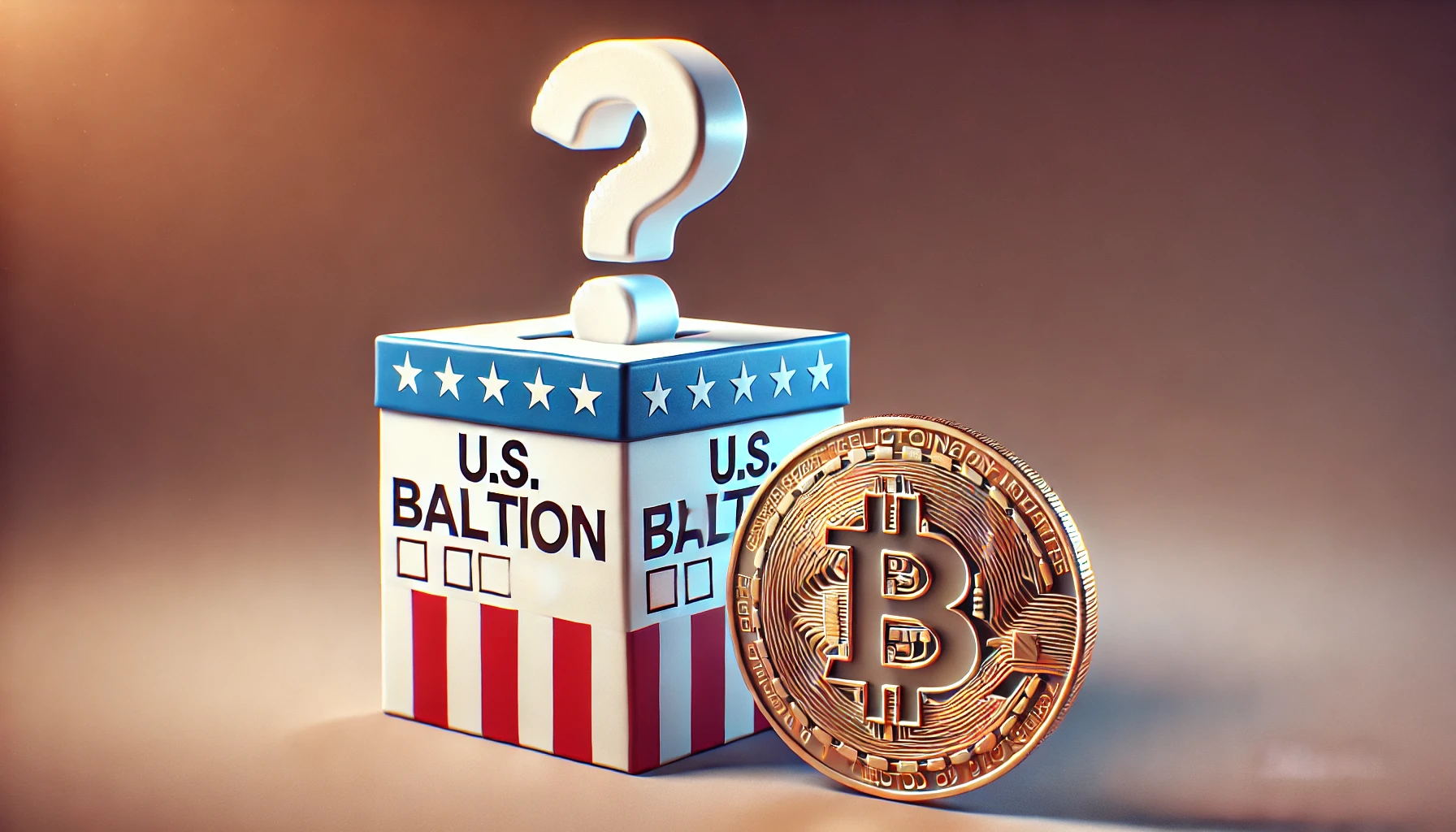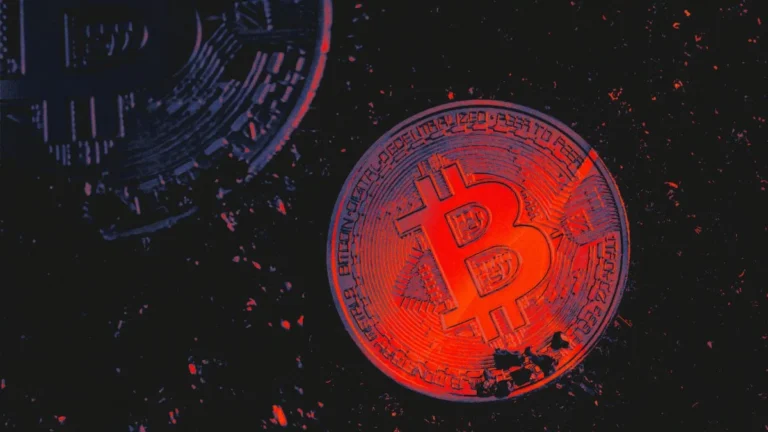The Big Story: What Happened on US Election Day? On November 5, as Americans cast their votes in a pivotal election, something unusual happened in the world of finance. BlackRock’s spot Bitcoin exchange-traded fund (ETF), known as the iShares Bitcoin Trust, experienced its sixth-ever net outflow since its launch in January. This means that for just the sixth time, more money was taken out of the fund than put in. That day, the fund saw $44.2 million withdrawn, marking a significant movement in the crypto investment scene.
Why This Matters: The Connection Between Elections and Bitcoin The timing of this outflow is the key: it coincided with the U.S. election day. Institutional investors—big financial players like banks and investment firms—tend to go risk-off during uncertain times. This means they pull money from assets perceived as riskier, such as Bitcoin, to minimize potential losses. On election day, investors were clearly uneasy, resulting in massive outflows not only from BlackRock’s ETF but from other U.S. Bitcoin ETFs as well, which collectively saw a $116.8 million drop.
The Bigger Picture: Understanding ETF Outflows
- What is an ETF? An ETF, or exchange-traded fund, is a type of investment that tracks the price of a specific asset or group of assets, like Bitcoin. Think of it as a basket holding the asset that people can trade on the stock exchange.
- Why do outflows matter? When there are outflows, it means investors are withdrawing their money from the ETF. This often reflects uncertainty or a shift in sentiment about that asset.
The Election’s Ripple Effect on Bitcoin Now, here’s where it gets interesting. Despite the outflows, Bitcoin’s price surged, eventually reaching an all-time high of $75,000 as election results were counted. This seems counterintuitive—why would Bitcoin’s price rise after big investors pull out?
The Answer: Bitcoin as a “Political Trade” Henrik Andersson, chief investment officer at Apollo Crypto, explained that Bitcoin has become the go-to asset for traders betting on political outcomes. According to him, the market had already priced in most of the potential impact, which meant that as results indicated a high chance (80-90%) of a Trump win, Bitcoin’s price jumped.
This dynamic highlights a key concept:
- “Election Trade”: When traders use assets like Bitcoin to hedge or bet based on the political landscape and outcomes.
Andersson even predicted that if Trump won, Bitcoin could climb to $100,000 by year’s end. This underlines how politics and financial markets are deeply interconnected, especially in the world of crypto.
Why You Should Care: The Importance of Understanding This
- Bitcoin as a Reflection of Global Sentiment: This article reveals that Bitcoin isn’t just a digital asset—it’s become a barometer for global economic and political confidence. Knowing how external factors like elections can shake the crypto market helps you make sense of sudden market moves.
- Learning About ETFs: Understanding ETFs and their outflows/inflows gives you insight into how institutional investors think. They play a big role in driving market trends, so seeing their actions helps anticipate future market behavior.
- Regulatory Impacts: Nate Geraci, president of ETF Store, mentioned that election outcomes could influence crypto regulations and ETF innovation. This is a big deal because the regulatory environment, shaped by leaders like those in the SEC, can determine how quickly or slowly new crypto products are launched.
Why This Knowledge Is Important for You In the fast-moving world of crypto and finance, being aware of how major events, like elections, impact investments helps you:
- Make informed decisions if you’re investing or considering investing.
- Understand market behavior beyond basic price changes.
- Recognize that political and regulatory changes can either accelerate or hinder the growth of crypto products, impacting the wider financial ecosystem.
In summary, BlackRock’s Bitcoin ETF outflow on U.S. election day wasn’t just about numbers—it was a window into how global traders respond to political risks and how these moves can predict future trends. For anyone looking to deepen their understanding of crypto or finance, following such events is crucial.



